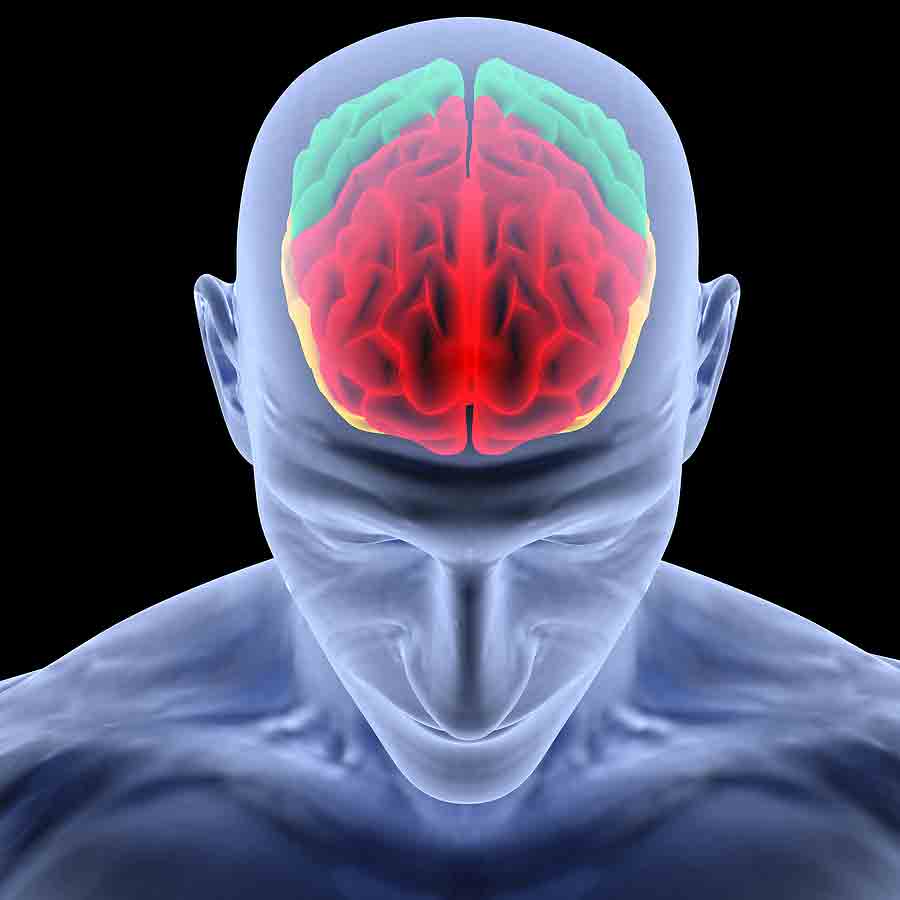Posts by Dr. Pascale Michelon
Alzheimer’s Disease population to triple: We need smarter research, public health initiatives and lifestyles
According to a new study, the population with Alzheimer’s Disease in the US will triple by 2050: from 4.7 millions in 2010 to 13.8 millions. This emphasizes the urgent need for more research to find preventive measures, and for more enlightened public health initiatives and individual lifestyles designed to decrease dementia risks and delay onset of symptoms.…
Read MoreAttention: Why do SuperAgers Maintain Memory and a Thick Cortex?
Are brain aging and cognitive decline ineluctable? Maybe not. Growing research is helping identify “SuperAgers” whose brains at 80+ appear as young as the brains of people in their 50s. What the latest SuperAgers study found In a recent paper, researchers defined SuperAgers as people over 80 whose memory performance was at least as good as average 50- to…
Read MoreAerobic Exercise or Weight Training to Boost Brain Function?
Aerobic exercise is the kind of exercise that has been consistently shown to trigger the growth of both brain cells and new connections between them, boosting cognitive functions. It has also been associated with lower risks of developing Alzheimer’s Disease. Is it the case that other types of physical exercise can also benefit the brain?…
Read MoreCan Brain Training and Biofeedback Help Prevent Depression
In two innovative pilot studies, Ian Gotlib and his colleagues at Stanford University, California, showed that brain training can be used to help eliminate depression, even before it starts. They studied young girls (10 to 14 year old) whose mothers were depressed and who thus were at higher risk of developing depression themselves later-on. The girls…
Read MoreBrain Training for Babies: Hope, Hype, Both?
Training the brain is possible because of neuroplasticity. Our daily experiences can trigger neuroplastic changes in the brain, such as the growth of new brain cells (neurons) and new connections (synapses) between neurons. Plasticity is observed at all ages but is at its peak during brain development, as a baby and then a child learns…
Read MoreBrain Training as a New Treatment for Addictions
Substance abuse can have dramatic consequences on the brain and behavior. The traditional way of preventing drug abuse is often education. Awareness programs do work with people who can picture long-term repercussions of abusing drugs. Other people, most often those vulnerable to addictions, do not benefit from such programs. It seems that they tend to…
Read More





